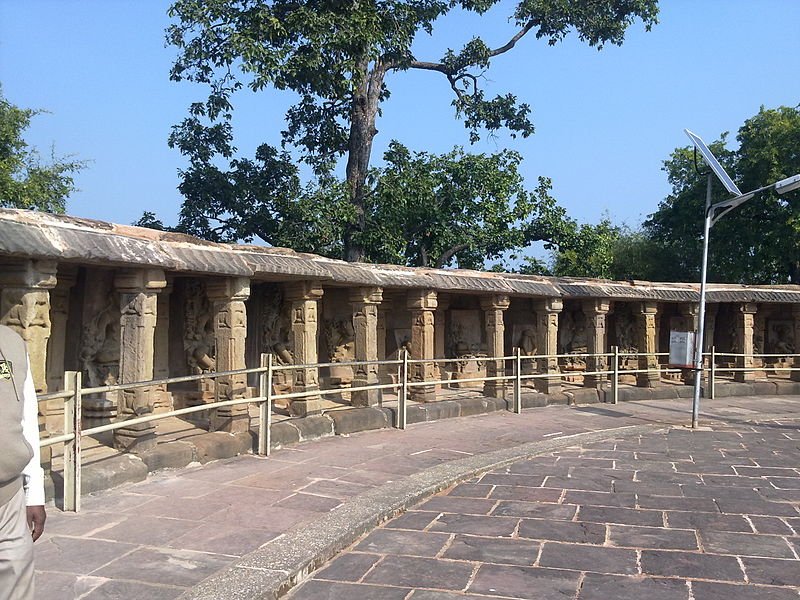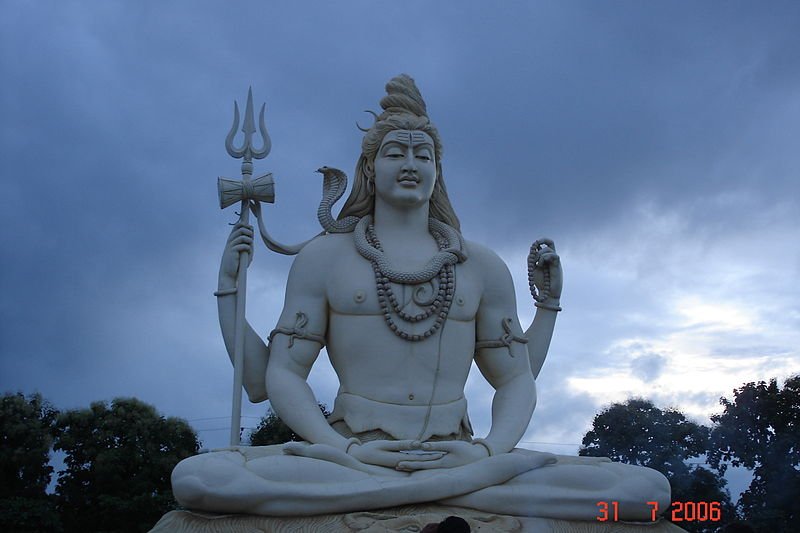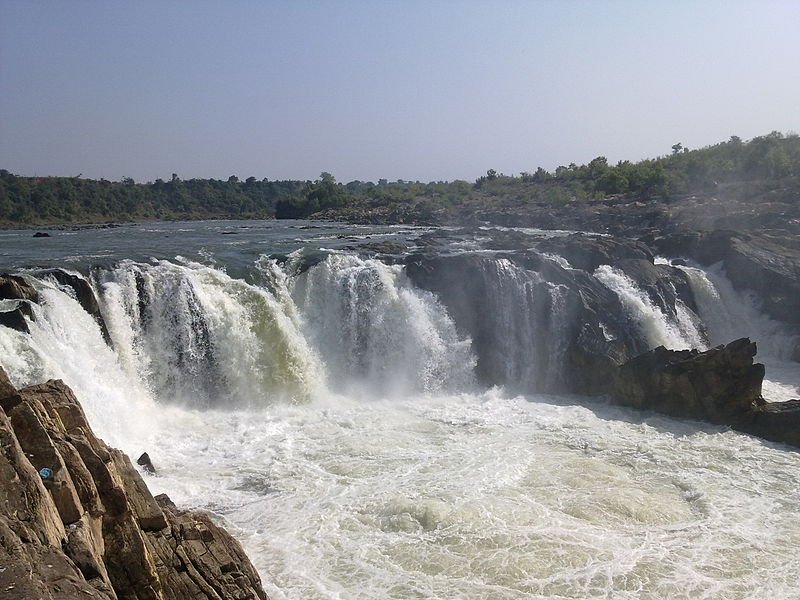 Chausath Yogini in Jabalpur, India
Chausath Yogini in Jabalpur, IndiaSource: https://commons.wikimedia.org/wiki/File:Chausath_Yogini.jpg
Author: Sandyadav080

Author: Sandyadav080

Jabalpur (Hindi: जबलपुर) is a city on the Narmada river in the Mahakaushal region of Madhya Pradesh, in central India. With an area covering 5,211 sq km (2,012 sq mi), it is the biggest city in terms of size in the state. Jabalpur has a population of 1.25 million people, making it the third largest urban agglomeration in Madhya Pradesh.
Jabalpur is close to the geographical center of India, which is the village of Katangi just 30 km to the east of it. The city is renowned for its rock formations called the Bhedaghat, located across the river Narmada. The city is also regarded as the birthplace of snooker.
As with the other major cities of Madhya Pradesh, Jabalpur has a long history going back to antiquity. Archaeological evidence of Ashokan relics pointed to human habitation as early as around 300 BC. Around the 9th century, the city of Karanbel, now a suburb of Jabalpur, was the capital of the ancient Kingdom of Kalchuri.
Jabalpur was made the capital of Gondwana in the 13th century. The Gonds ruled over the area until the 18th century, when the Gond kingdom collapsed and was replaced by the Marathas. The Marathas were defeated by the British in 1818. At that time, the city was known as Jabbalgarh. The British renamed it Jubbulpore. It was renamed once again, to the present Jabalpur, in 1947, following India's independence.
 The Shiva Statue of Kachnar City near Jabalpur, Madhya Pradesh, India
The Shiva Statue of Kachnar City near Jabalpur, Madhya Pradesh, IndiaSource: https://en.wikipedia.org/wiki/File:ShivStatueAtKachnarCityJabalpur.JPG
Author: Hshukla

Author: Hshukla

Planning your trip to Jabalpur
There are regular flights to Jabalpur from Delhi and Gwalior. There are train services connecting Jabalpur with Ahmedabad, Bhopal, Bandhavgarh, Bengaluru, Chennai, Delhi, Goa, Hyderabad, Jaipur, Lucknow, Nagpur, Patna, Pune and Varanasi. Dhuandhar Falls in Jabalpur, India
Dhuandhar Falls in Jabalpur, IndiaSource: https://en.wikipedia.org/wiki/File:BhedaghatWater_Fall_Dhuandhar.jpg
Author: Sandyadav080

Author: Sandyadav080

Places of Interest in Jabalpur
- Balancing Rocks
- Bandhavgarh National Park
- Bargi Dam
- Beohar House
- Beohar Sarovar
- Bhedaghat (Marble Rocks)
- Chausath Yogini (Sixty-Four Female Yogis Temple)
- Dhuandhar Falls
- D.B. Vallabh Das Palace
- Kanchnar City's Shiva Statue
- Kanha National Park
- Khandari Water Works
- Lameta Ghat
- Madan Mahal Bastion
- Pench National Park
- Radha Krishna Temple
- Rani Durgavati Memorial and Museum
- Sangram Sagar and Bajna Math
- Shaeed Smarak (Martyrs' Memorial)
- Tilwara Ghat
 Latest updates on Penang Travel Tips
Latest updates on Penang Travel Tips
 Map of Roads in Penang
Map of Roads in Penang
Looking for information on Penang? Use this Map of Roads in Penang to zoom in on information about Penang, brought to you road by road.
Copyright © 2003-2025 Timothy Tye. All Rights Reserved.

 Go Back
Go Back